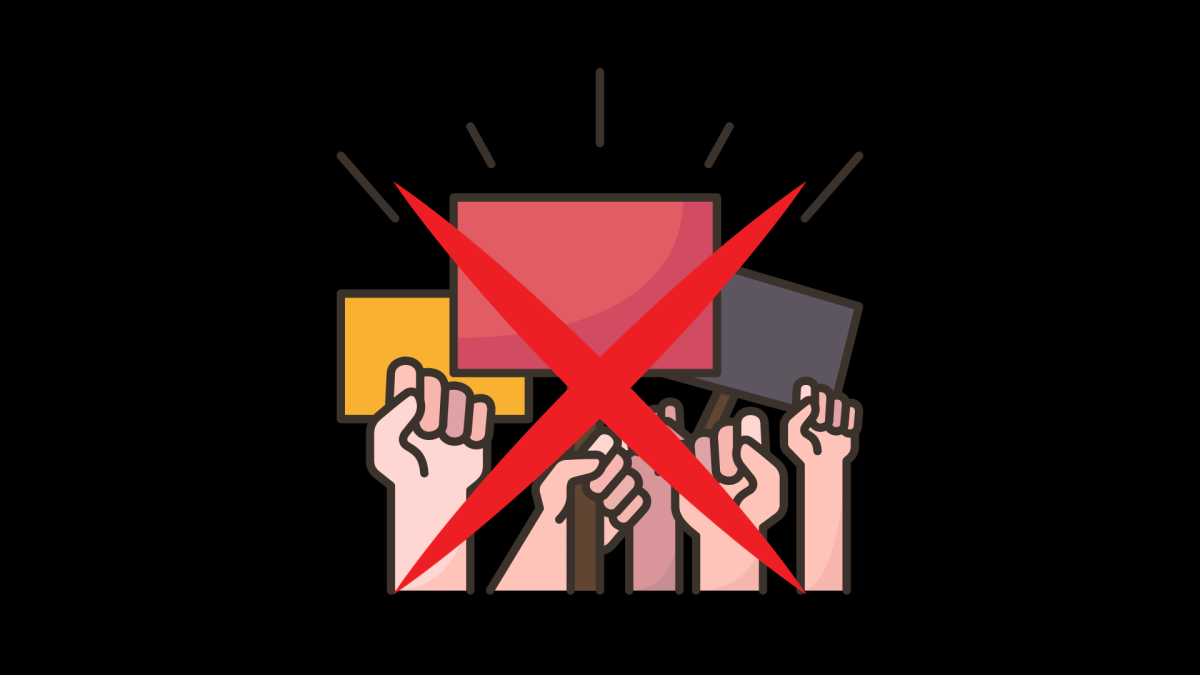 Wake County has suspended so many students from school that it ranks eighth in state long term suspensions. Suspensions have been shown to have negative impacts on students, and Wake County needs to take steps to significantly lower its suspension rate.
Wake County has suspended so many students from school that it ranks eighth in state long term suspensions. Suspensions have been shown to have negative impacts on students, and Wake County needs to take steps to significantly lower its suspension rate.
Legal Aid’s Advocates for Children’s Services project looked at data on student suspensions for the 2011-2012 school year and found that suspensions are doled out disproportionately to minority students, ie.students of color, students who are economically disadvantaged or disabled, and LGBTQIAP+ (lesbian, gay, bisexual, transgender, questioning, intersex, asexual, and pansexual) students.
Suspensions are often a result of zero-tolerance policies, policies in which any infraction of a rule is punished, regardless of accidental mistakes, ignorance, or extenuating circumstances. Zero-tolerance policies are created so that there is an adequately outlined set of consequences for a given infraction. These practices, however, unfortunately often make little sense when put into application in a real world setting.
Due to zero-tolerance policies, students of color have been forced to take steps to artificially alter their hair or risk be banned from school for wearing their hair natural, since administrators, in some cases, have interpreted natural hair as a dress code violation. The purpose of the dress code is to ensure that students remain focused on learning without distractions, and most dress codes prohibit disruptive, provocative, revealing, profane, vulgar, offensive, obscene or unsafe clothing or bodily appearances. How a student’s natural hair could fall under any of these categories is both unclear and astounding, but principals are allowed to used discretion in implementing the dress code, meaning that though the policy is zero-tolerance, it is also subjective.
Zero-tolerance policies have also caused students to be suspended for accumulative unexcused tardies or skipping class. Punishing a student for missing class by ensuring that they spend more time outside of class is counterintuitive, and extending their school day through after school detention seems like a far more fitting, not to mention effective, method of dealing with the situation. The school board needs to seriously reconsider a policy that has no basis in common sense.
Selina Garcia, a student at Southeast Raleigh High School, was recently suspended from school and placed in jail after allegedly engaging in a fight with another student on a school bus. The fight took place after prolonged instances of bullying, but the extenuating circumstances did nothing to soften the severity of punishment due, once again, to zero tolerance policies. Garcia remained in jail for three weeks before she was released, since she was a member of the foster care system and the state had to find a place for her to go before she could be released. This three-week long absence from school set her behind in her studies, since she did not have internet access nor any way of obtaining her school work while in jail, and is going to have to work to catch back up and graduate on time.
Harsh disciplinarian practices serve to harm many students within the public school system, leading to increased calls for reform. Schools should deviate from these policies where possible, and instead employ restorative justice tactics when dealing with student misconduct. According to John Braithwaite, a criminologist and professor at the Australian National University, restorative justice is best defined as “. . . a process where all stakeholders affected by an injustice have an opportunity to discuss how they have been affected by the injustice and to decide what should be done to repair the harm.”





